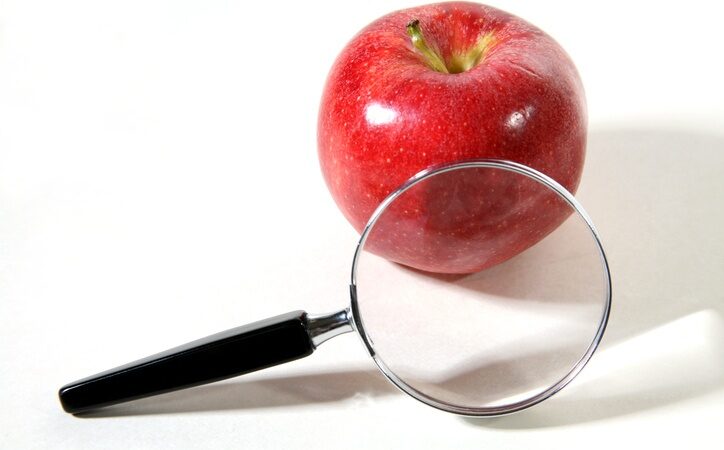Subscribe to our newsletter
Receive news and benefits on health and wellness.

SHA Magazine Healthy Nutrition
Whenever we buy an appliance, no matter how small, it comes wit a surprisingly thorough manual. Unfortunately, we don´t have one for our bodies. Do we know how it works? Do we know which foods are best for us? And worst?
We see miracle diets everywhere, products that promise near-magical effects, superfoods and diet foods. Confusion resigns in the food industry, to the benefit of a few big players. Research tends to support the product of those who pay for it. Universities specialised in food research tend to get different results from corporate research. The World Health Organisation issues a caution guidance, too. The end result is that most people don’t know which foods are good or bad for their bodies, and those who have the proper information still face the challenge of eating the right way in a market saturated with processed food and indecipherable nutrition labels.
While we are that there is no absolute truth, SHA Magazine addresses some of to the most common questions from our guests below in order to bring some light to the matter.
The best diet, the absolute and definitive one for everybody, is not a useful concept. It depends on many circumstances and requires deep knowledge about the actual properties of food, such as its nutritional content and its energetic value. It would be more appropriate to ask for whom, where and when a given diet make sense.
Actually, the choice is common sense. We should follow a diet that minimises resource consumption, nourishes and balances us, respects the environment and feed us.
One way to do that is to focus on locally produced and seasonal vegetables, whole grains, legumes, nuts, sedes fruits and algae. You can include fish, if desired. A diet based on these foods helps the body perform its vital function and minimises stress.
The solution for losing weight isn’t to eat less of what you are already eating. That always ends in frustration and anxiety, abandoning the diet and regaining the unwanted weight. The solution for achieving and maintaining a natural weight is healthier nutrition. We mean nutrition as a lifestyle, which includes a careful selection of foods that are unprocressed, seasonal, local and mostly vegetables.
Thinking we can fix the excesses of eating with an occasional fast is also an error. The essence of fasting is purification and when you break the fast you need to eat mineral-rich, low fat vegetable broths.
On the other hand, fasts become unnecessary if we follow a fibre-rich diet based on seasonal, local products, and follow the Latin maxim “vivere parvo” (to live small, or poorly) or the Okinawan practice “Hara hashi bun me” of eating until you feel 80 percent full.
To be continued…
Receive news and benefits on health and wellness.
